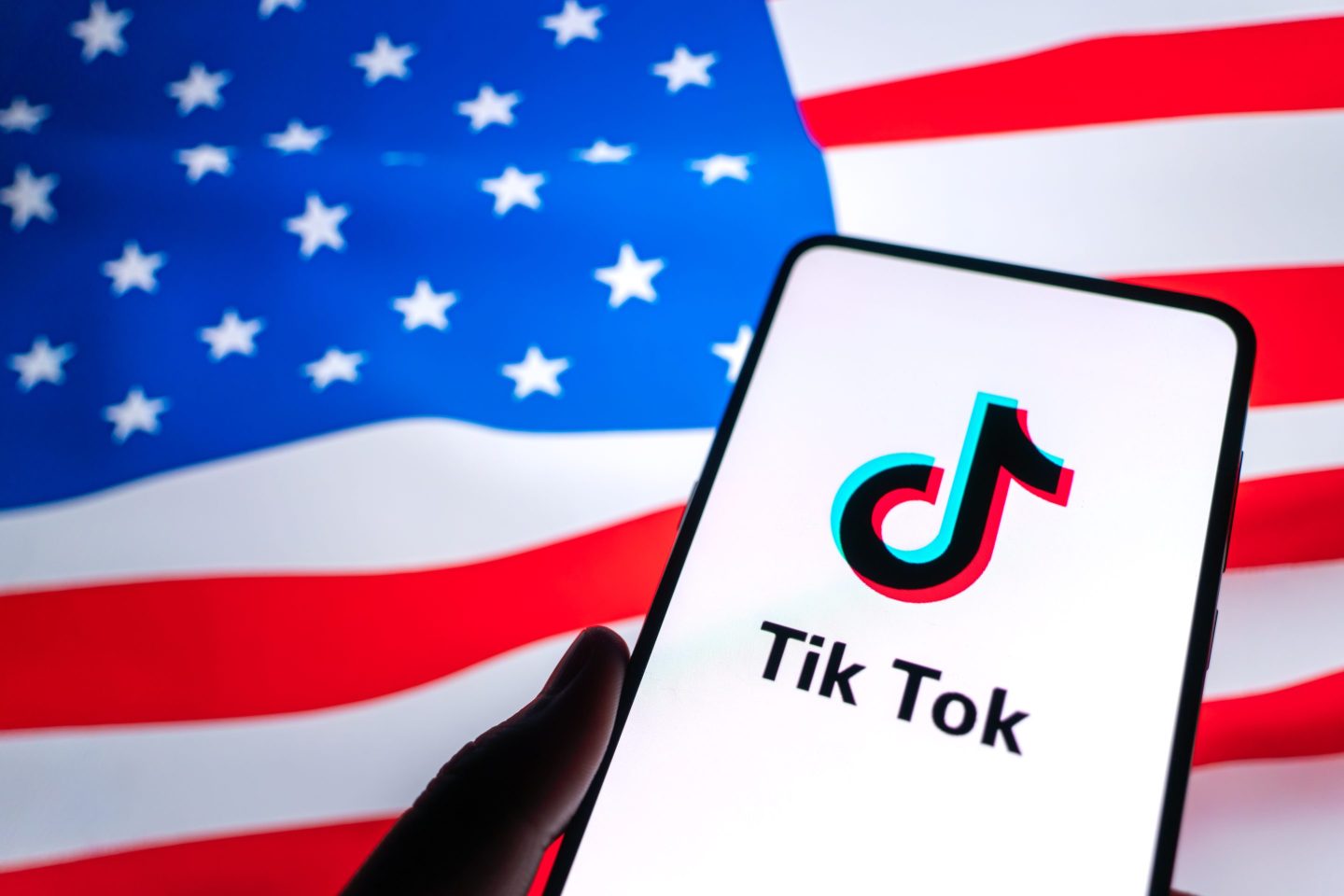The social justice activism that marked the post-summer 2020 years in pedagogical and corporate institutions appears to be coming to a halt. From the halls of Ivy League universities to those of corporate America, more leaders are tamping down on protests and demanding a renewed focus on business priorities.
This week, many pro-Palestinian student protesters were arrested on college campuses like Yale University, while Google fired more than 30 employees who protested its cloud deal with Israel. Google CEO Sundar Pichai told employees in a company blog post that the office is not a place “to fight over disruptive issues or debate politics.”
Still, the company’s firing has sparked a debate about the intersection of workplace activism and corporate policies and how to navigate the tension that arises from the sometimes dueling sides. The tech giant said the now terminated protesters caused “physical disruption” inside its buildings, though some organizers of the protest say not all who were fired were disruptive.
Known for its progressive culture, Google is now facing criticism for allegedly stifling dissent and breaching its values of openness and inclusivity. Critics have also argued that terminating employees for in-office protests suffocates dialogue on vital issues like societal injustices and raises doubts about the company’s commitment to fostering a culture of free expression.
On the opposing end, supporters of Google’s move say that employees, too, must recognize their responsibility as representatives of the company and advocate for change in a manner that respects their colleagues. While protest is a powerful tool, they say, it must be wielded thoughtfully to avoid negatively affecting others.
Google asserted that the protests created an uncomfortable environment for other employees and emphasized that staff can use internal forums to address grievances rather than resort to protests that impede business.
Although Pichai didn’t specifically mention the Israel–Hamas war in his blog post, he stated that the $1.92 trillion company “is a business, and not a place to act in a way that disrupts coworkers or makes them feel unsafe.”
Yet companies today no longer have the luxury of avoiding sensitive and often contentious social and political issues, and missteps in handling employee activism can be damaging for leaders.
How to engage with employee activists
I spoke to a handful of management consultants on the right way to engage with employee activists. Overall, they said that balancing employee activism and workplace policies requires a commitment from both employers and employees to engage in open and respectful communication, uphold company values, and collaborate to find solutions that allow for dissent and adherence to company standards. Of note, they recommended that leaders:
Establish clear guidelines on acceptable forms of workplace activism that outline how employees can constructively express their views within the confines of company policies.
Encourage open dialogue through internal forums, town halls, and employee resource groups that allow employees to voice their concerns and find solutions.
Recognize and respect the diversity of opinions within the workplace and encourage employees to do the same.
Address conflicts proactively and seek mutually acceptable solutions to prevent escalation and maintain a harmonious work environment.
Ruth Umoh
@ruthumohnews
[email protected]
What’s Trending
Under wraps. Companies have erased references to diversity goals from their annual reports as they face anti-DEI pressure. But they aren't necessarily pulling back from those efforts. WSJ
SCOTUS weighs in. A Supreme Court decision last week lowered the bar for employees to prove harm in a discrimination suit against their employer if they’re forced to transfer jobs. Coins2Day
Totalitarian DEI. Pulitzer Prize-winning screenwriter David Mamet ripped DEI initiatives, calling them “garbage” that amounts to “fascist totalitarianism.” Hollywood Reporter
Case closed. Oxford University shut down an institute run by Elon Musk-backed philosopher Nick Bostrom. Bostrom apologized last year for a decades-old email in which he wrote that “Blacks are more stupid than whites” and used the N-word. Guardian
Marching midward. Chinese Americans, historically a reliable voting bloc for the left, are increasingly pushing liberal San Francisco politics toward the center. WSJ
The Big Think
From Silicon Valley Bank’s collapse to Boeing 737 midair flight failures, DEI critics have turned stains on business into a diversity-related scapegoat that agitates the Republican base, stokes fear, and fails to overlook the real issues facing industries, writes Baratunde Thurston for PuckNews. ”If you’re a leader who needs DEI to explain a plane failure, rather than a culture of shortcuts and monopolistic business practices, you’re not committed to the ‘free market’ you claim to champion,” writes Thurston.
This is the web version of raceAhead, our weekly newsletter on race, culture, and inclusive leadership. Sign up for free.












